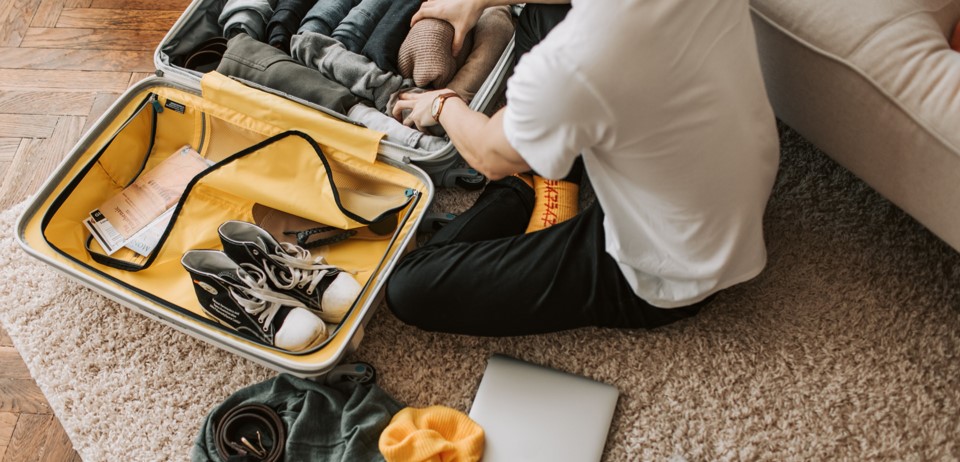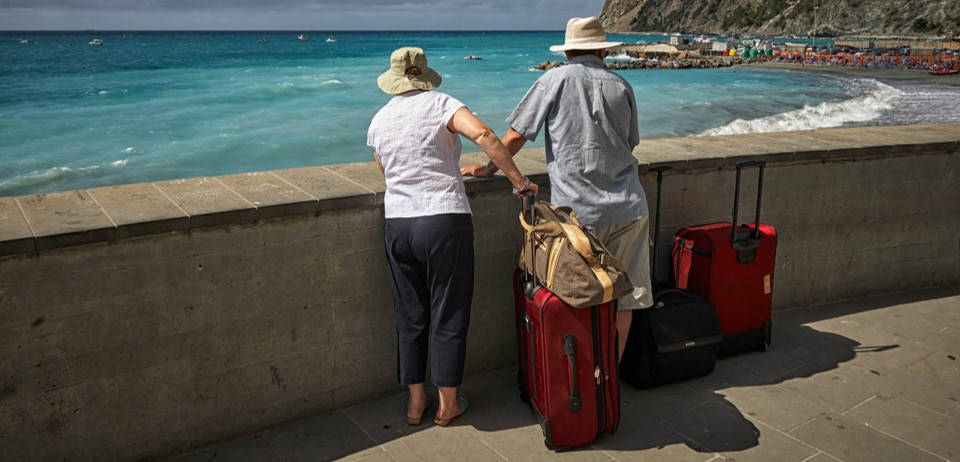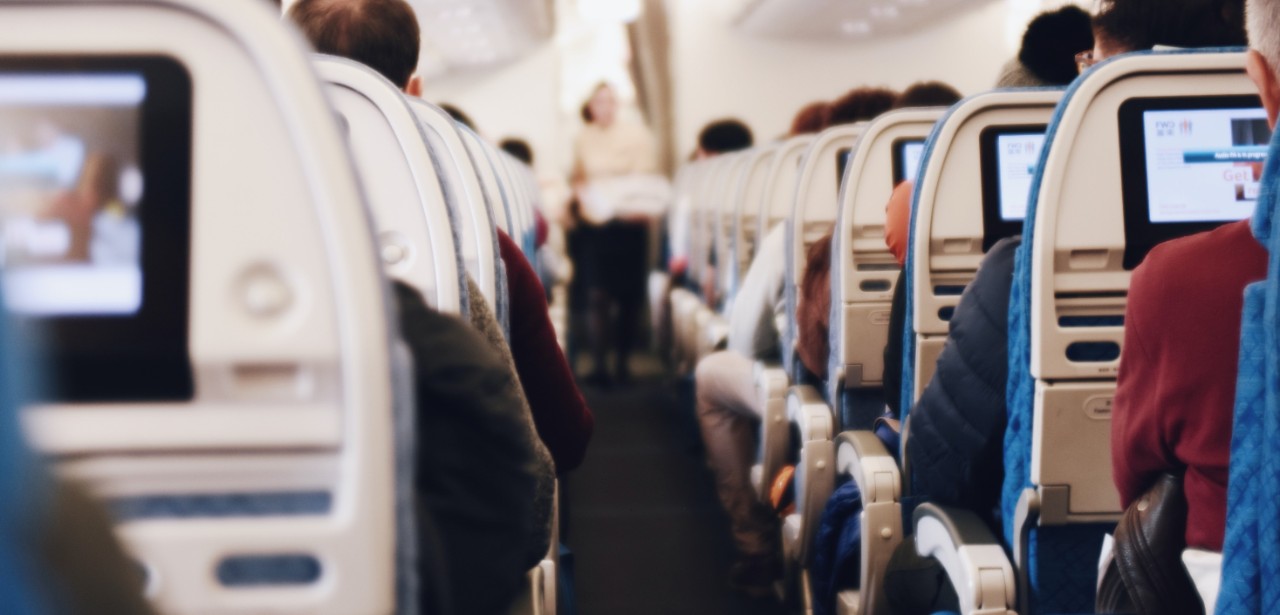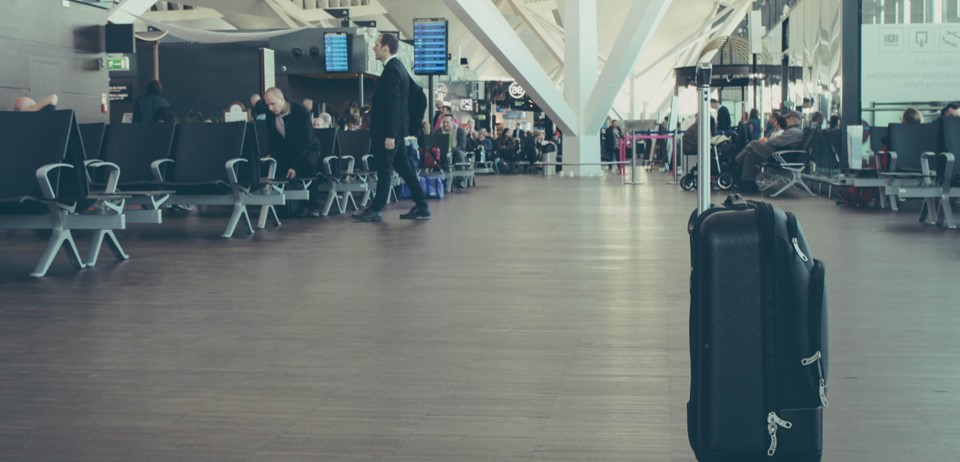Most people with cardiovascular illness are not limited to traveling abroad as long as their condition is stable. However, if you are still in recovery stage of any heart condition, it is advised to fully recovered first before traveling.
Before departure
The first thing that you must do before traveling is to visit your general practitioner weeks before your travel date. The physician will discuss with you and your health condition and can give your specific advice for the travel. He/she will also do an evaluation on your current condition such as electrocardiogram, fitness test, heart scanning, and many more. This is to provide you with the right medication for the treatment of your sickness.
While visiting your doctor, these are the things that you must consider in preparing for your trip.
• Place of destination
• Kind of Travel Insurance to get
• Mode of transport
Take this opportunity to assess heart illness causing factors such as high sugar, high blood pressure, tobacco, lifestyle, and cholesterol. Talk to your doctor about the symptoms that are relative to your condition. It helps your familiarize the reactions and know what to do in case of emergency.
Take note that traveling might be a little stressful so make sure to be ready on the day of your trip. Do a checklist so you won’t forget anything and make sure to arrive few hours at the airport or the station.
If you have a serious medical history, always seek your doctor’s advice. Get a write up of your medical report that has the summary of your condition such as information about the illness, background, previous cases, outcome of the latest tests, and many more. Take note to carry your latest electro-cardiogram test during your travel.
During the Flight
The environment inside the airplane is very different from the normal. As we all know, the air is pressurized and dry which limits the amount of oxygen in the air. This might trigger discomfort to people with cardiac deficiency. Ask your doctor on what to do if this type of situation happens. During the travel, always keep hydrated by taking water. Also avoid eating salty foods as it may make you feel more dehydrated.
To avoid getting phlebitis or inflammation of the veins,
• Wear comfortable clothing (preferably loose ones) and avoid tight shorts or trousers
• Take off your shoes and use nice comfortable socks
• Walk around regularly & sitting for long hours
• While on your seat, do exercise routines to work out the muscles of your lower limbs (thighs, feet, ankle, calves)
At Your Destination
Take note that leisure trips are supposed to be relaxing. In order to enjoy, limit extreme physical activities, especially when you are not used to do this previously. Else if you are planning to engage in excessive workouts, make sure that weeks before, you already warmed up your body. Remember to have a reasonable sleeping hours every day while on the trip.
The Food
Avoid taking random foods that will cause changes on your diet. If you suspect or diagnosed with cardio-vascular illness, control your bad fat & salt intake (processed foods) as it contributes in the increase of blood pressure.
Some Special Cases
For travelers who are under medication and taking anti-coagulants, make sure to monitor your treatment closely while on the trip. It is a must that you have visited your doctor and seek for medical approval and prescriptions that covers your entire trip.
For people with valvular heart diseases and traveling, it is essential to visit your doctor few weeks before your trip. The physician many take a series of tests to confirm you with the medication needed during the travel.

















